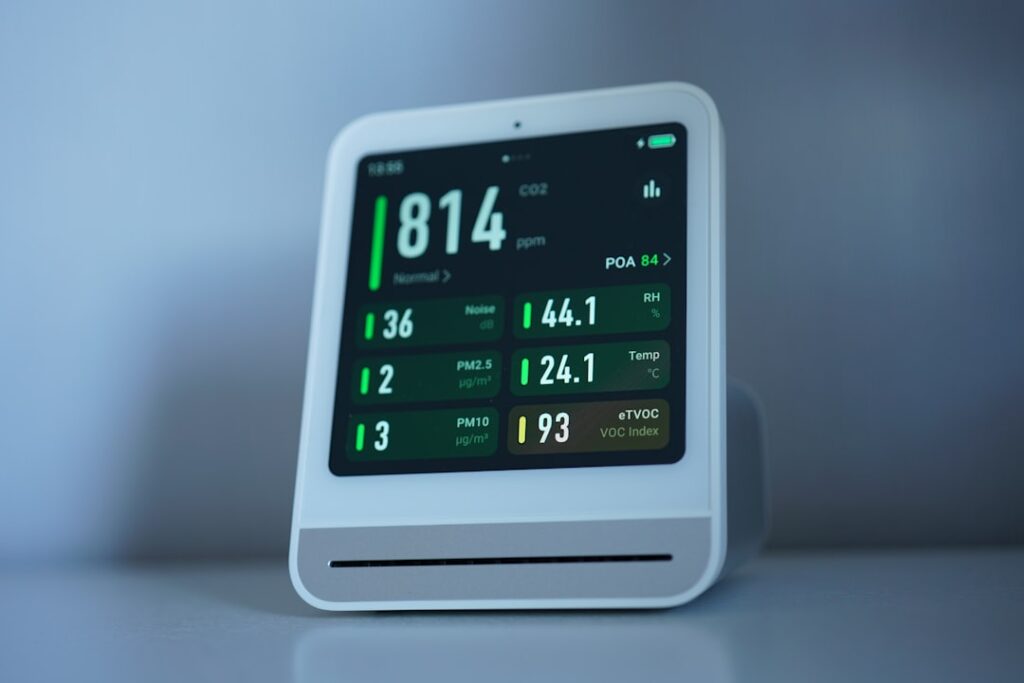Health Tech Innovations: Exploring AI Tools for Healthcare
In the rapidly evolving landscape of healthcare, health tech innovations are transforming the way medical professionals deliver care and patients receive treatment. Among these innovations, Artificial Intelligence (AI) tools are leading the charge, streamlining processes, improving diagnostic accuracy, and personalizing patient care. This article delves into the various AI tools that are shaping the future of healthcare, showcasing their potential benefits and real-world applications.
Understanding AI in Healthcare
AI in healthcare refers to the use of machine learning algorithms and software to analyze complex medical data. This technology aids in the diagnosis, treatment planning, and management of diseases. The integration of AI tools into healthcare systems enhances efficiency and may lead to better health outcomes.
Types of AI Tools in Healthcare
Several types of AI tools are currently being implemented in the healthcare sector:
- Diagnostic Tools: AI algorithms can interpret medical images, such as X-rays and MRIs, with high accuracy.
- Predictive Analytics: These tools analyze patient data to forecast disease outbreaks and patient health deteriorations.
- Personalized Medicine: AI can tailor treatment plans based on individual patient characteristics and genetic information.
- Administrative Workflow: AI tools streamline scheduling, billing, and patient management tasks, reducing administrative burdens.
- Virtual Health Assistants: Chatbots and virtual assistants help with patient inquiries and follow-ups, enhancing patient engagement.
Benefits of AI Tools in Healthcare
The implementation of AI in healthcare offers numerous benefits, which can result in a more effective healthcare system:
Enhanced Diagnostic Accuracy
AI tools have shown remarkable precision in diagnosing conditions by analyzing vast amounts of data. For example, studies have found that AI can match or even surpass the diagnostic abilities of human radiologists, especially in detecting certain cancers.
Improved Patient Outcomes
By enabling personalized treatment plans, AI tools can lead to better patient outcomes. Personalized medicine powered by AI can take into account genetic, environmental, and lifestyle factors to ensure the most effective treatment protocols are implemented.
Cost Efficiency
Automation of routine tasks with AI reduces operational costs for healthcare facilities. By streamlining workflows, healthcare providers can allocate resources more effectively, ultimately leading to savings that can be reinvested in patient care.
Real-World Applications of AI Tools in Healthcare
Innovative AI applications are being developed and implemented in various healthcare settings:
1. IBM Watson Health
IBM Watson Health leverages AI to analyze unstructured data from medical literature, clinical records, and patient histories, helping healthcare providers make evidence-based decisions faster.
2. Google DeepMind
DeepMind’s AI technologies have made significant advancements in predicting patient deterioration and diagnosing diseases, particularly in the fields of ophthalmology and oncology.
3. Aidoc
Aidoc focuses on providing radiologists with AI-powered tools to prioritize and diagnose medical images, allowing for quicker intervention in critical cases.
Challenges and Considerations
While the prospects of AI in healthcare are promising, there are challenges that need addressing:
Data Privacy and Security
With the increase in data exchange, safeguarding patient information is paramount. Compliance with regulations such as HIPAA is essential to protect patient privacy.
Integration with Existing Systems
Integrating AI tools into existing healthcare infrastructure can be complex. Ensuring seamless operation between traditional systems and new AI solutions is crucial for optimized performance.
Ethical Considerations
The use of AI raises ethical questions regarding bias in algorithms and decision-making processes. Steps must be taken to ensure AI systems are fair and equitable for all patient demographics.
The Future of AI in Healthcare
The future of health tech innovations, particularly AI tools in healthcare, is bright. As technology advances, we can expect:
- Moresophisticated algorithms capable of learning from varied data sets.
- Greater collaboration between humans and AI, enhancing rather than replacing the healthcare workforce.
- More personalized and effective treatment options tailored to individual patients.
Conclusion
AI tools are undeniably becoming a cornerstone of health tech innovations, fundamentally changing how healthcare is delivered. As these technologies continue to evolve, they hold immense potential for improving patient outcomes, enhancing operational efficiencies, and paving the way for a new era in healthcare. Embracing AI in healthcare not only offers immediate benefits but also paves the way for future advancements that can significantly improve the quality of care across the globe.
Transforming Diagnostics with AI
One of the most impactful health tech innovations is the use of AI in diagnostics. Machine learning algorithms can analyze medical images far more quickly and, in some cases, more accurately than human radiologists. This advancement not only reduces the time to diagnosis but also helps in the early detection of life-threatening conditions, such as cancers and heart diseases. By integrating AI tools, healthcare providers can enhance their diagnostic processes and improve patient outcomes.
Personalized Treatment Plans
AI’s potential extends beyond diagnostics to personalized medicine. By leveraging vast amounts of patient data, AI algorithms can identify the most effective treatment protocols tailored to individual patients. These personalized treatment plans consider genetic information, lifestyle, and other health factors, leading to more effective and efficient care. As healthcare continues to embrace health tech innovations, the role of AI will become increasingly vital in crafting medical solutions that resonate with each patient’s unique needs.
Streamlining Administrative Tasks
Beyond patient care, AI tools are also revolutionizing the administrative aspects of healthcare. Automating scheduling, billing, and patient management significantly reduces the administrative burden on healthcare staff, allowing them to focus more on patient interaction. These efficiencies not only elevate the patient experience but also contribute to significant cost savings for healthcare facilities. Embracing such health tech innovations can lead to sustainable practices and better resource allocation in the medical field.


